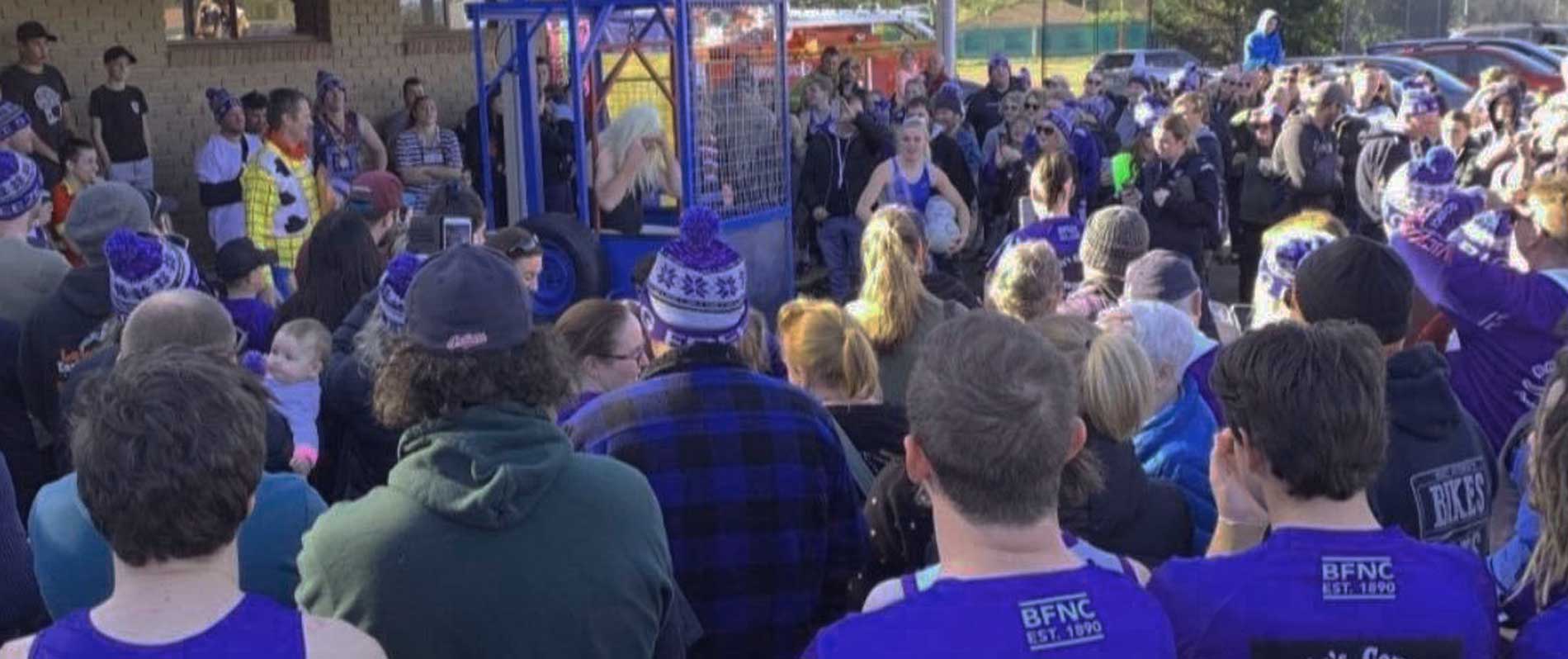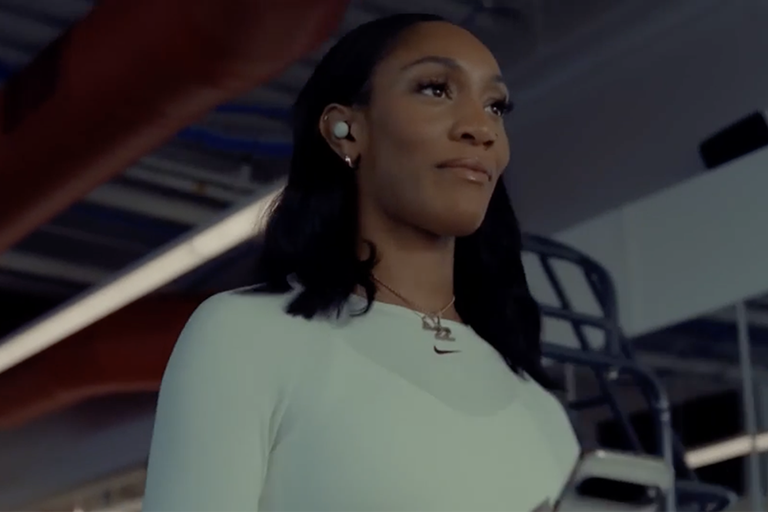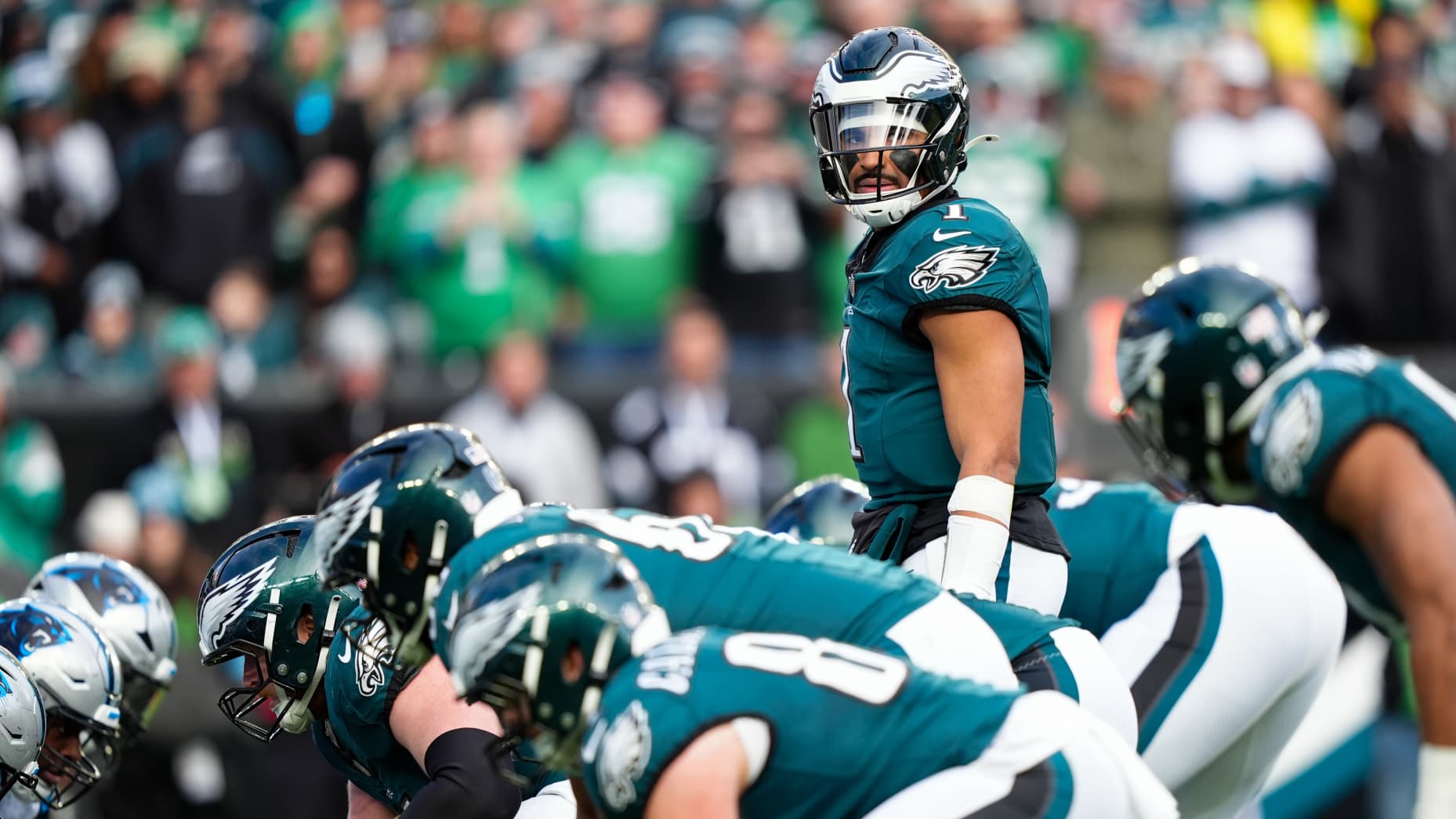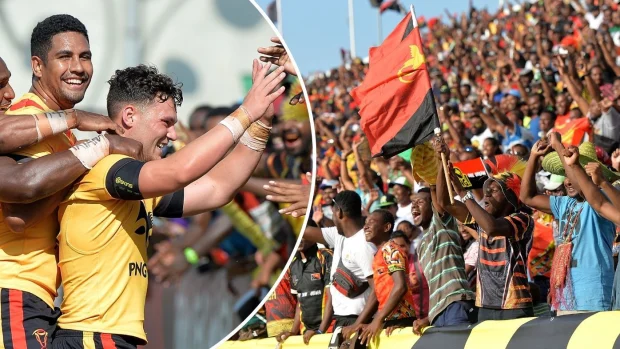[mkdf_dropcaps type=”normal” color=”#f55549″ background_color=””]I[/mkdf_dropcaps]
n an exclusive interview with Ministry of Sport, Broadford Football Netball Club president, Bonnie Cavanagh, discussed how local grassroots clubs would survive the COVID-19 pandemic, as well as the challenges her club has faced this year.
As the first part in a series of exclusive interviews with grassroots clubs and brands, Cavanagh said there has been many challenges throughout this year, however the outcome of no local sport being played in 2020 is nothing short of “devastating”.
When asked about her club’s biggest challenges, Cavanagh said the uncertainty surrounding this year as well as the retainment of players and volunteers was a worry.
“The uncertainty of just about everything and trying to plan and provide reassurance to our people,” Cavanagh said.
“From sponsorship and fundraising, to retaining players and volunteer interest.
“Everyone connected to the Club is turning to you in a time of unprecedented crisis, as a trusted voice in the community.
“Not knowing if you as a Club will be able to provide them with a service they rely on year in, year out, is devastating.
“So, the challenge for us as a Club, and continues to challenge although we are kicking goals with it now, is to make meaningful and accessible ways for the community to stay engaged with us, while we navigate to understand the operating environment,” she said.
Cavanagh said, seeking support in a small country town – 73km north of Melbourne, also comes at a challenge, as the club looks for ways to support themselves financially.
“We are a not-for-profit, so we don’t just save bulk amounts of money in-case of incidents like this,” Cavanagh said.
“We plan, forecast and prepare as best as possible, with what we have access to at the time.
“But bills still come in.
“We are also in a small country town with limited businesses to engage with for sponsorship and also have neighbouring towns in very close proximity which again limits ability to engage with a wide-range of sponsors just out of respect.
“So, a big challenge we have faced and will continue to have, has also been seeking support when we know everyone is doing it tough and our sources are limited,” she said.
Sponsors have also been tough to come by in season 2020, in which Cavanagh said she completely understood the hardships local businesses were going through.
“We had some sponsors honour their commitments quite early in 2020, late 2019,” Cavanagh said.
“However, as we didn’t play out a season, we have carried over their sponsorship into 2021.
“We might end up seeing some either drop off completely or only be able to offer a small portion of what they would normally and it’s okay.
“We understand completely the hardship business and community has faced and will continue to face for a long time to come.
“We have an obligation to support them now more than ever, and just hope they can still support us back in some way,” she said.
Cavanagh said community partners and sporting clubs work as a “two-way support system”.
“Sponsors are important to clubs for two main reasons in my eyes,” Cavanagh said.
“The obvious is providing either financial or product support to help your club operate, but it’s also the engagement value they bring to the club.
“Associating with a business or community partner strengthens the connection to your community.
“When you have a strong relationship with your sponsors, they become another advocate in community for your club and its people, which can elevate your reputation and standing within that town, not to mention may attract other players, sponsors and volunteers just through that association.
“It creates a sense of pride within your community.
“Without sponsors support, it would be near impossible for our club to function in a traditional sense,” she said.
Cavanagh said the recovery from COVID-19 will be “quite stressful”, however her club was in good hands due to the strength of the club’s committee team.
“So far we are doing okay,” Cavanagh said.
“Uncertainty is difficult, but we just forecast and plan our scenarios as much as possible,”Cavanagh told Ministry of Sport, saying the future of grassroots participation rates is a “big unknown” at this stage, however she hopes players and volunteers will want to return to the club and bring back the sense of a community feeling.
As the first part in a series of exclusive interviews with grassroots clubs and brands set to release on Ministry of Sport over the coming weeks, the survival hopes of grassroots sport is set to be revealed as the series progresses.







